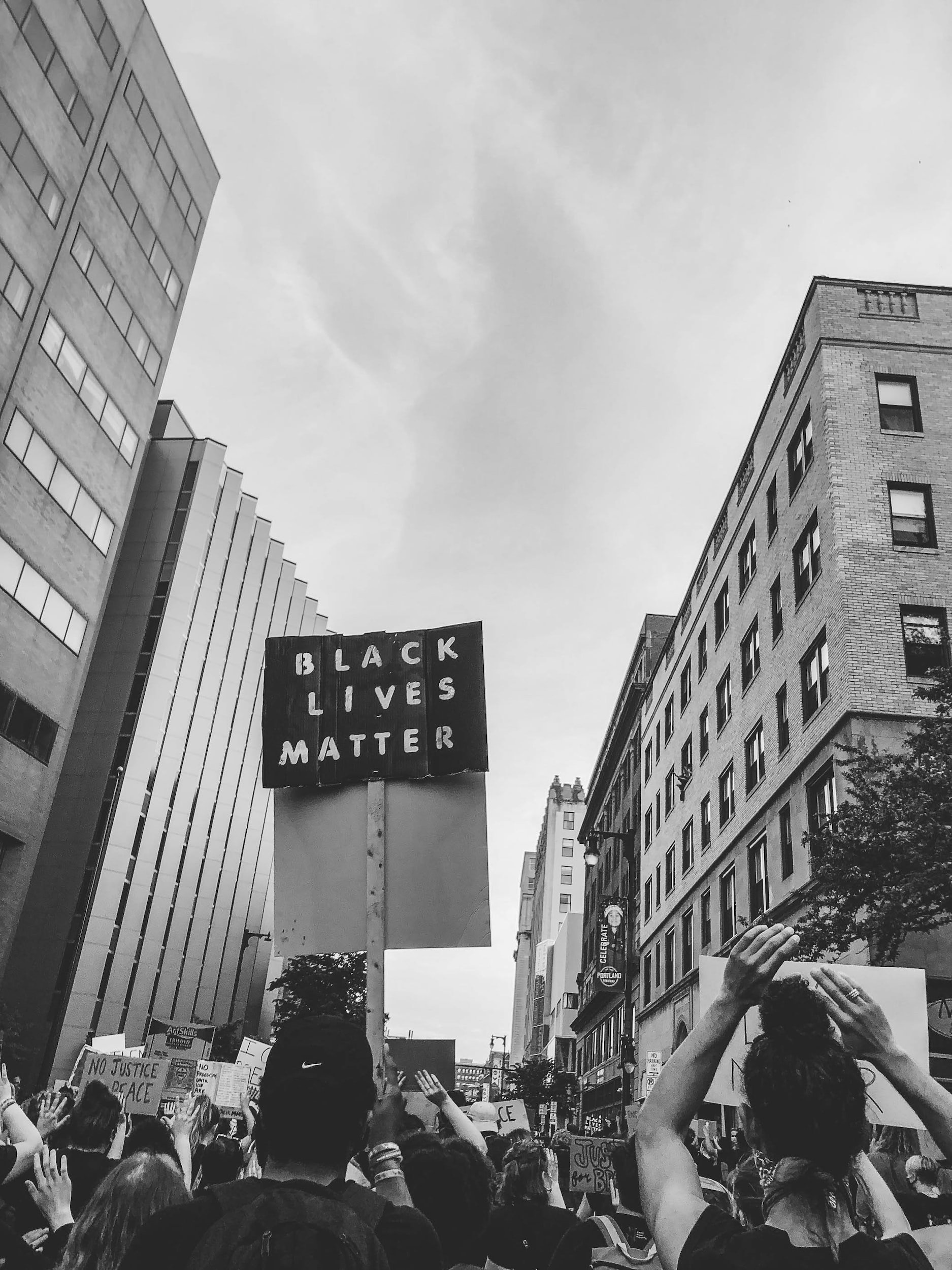Book Release: Innocence Unveiled
The BOHII Team wrote a book!
The book examines the unique dynamics surrounding wrongful convictions, particularly in Australia. Transcending the established understanding of wrongful conviction that emerged from the US innocence movement, the book provides a holistic insight into errors in the Australian justice and legal systems that lead to acknowledged and legally unacknowledged errors. Built upon the experiences of the country’s innocence projects, the book moves beyond the established causal factors recognized in the international experience of wrongful conviction to highlight structural and systemic elements that contribute to miscarriages of justice around the world.
Media release: Responding to Victoria Police's Statement on Mr Big and Glenn Weaven
Victoria Police recently issued a statement standing behind the investigation that led to Glenn Weaven's conviction for the 2008 death of Mary Lou Cook, while declining to comment further on the specifics of the covert methods employed. This was in response to a recently released multipart podcast series ‘Mr Big’ produced by the ABC which looked into the case.
The Bridge of Hope Innocence Initiative has been looking into Weaven’s case for several years. We believe various aspects of the case, including the use of the Mr Big policing technique, indicate serious flaws in the investigation.
Media release: Lawyers, Academics and the Wrongfully Convicted Unite to Overturn NSW ‘No Body, No Parole’ Laws
High profile lawyers, legal academics and the wrongfully convicted, including Kathleen Folbigg and Lindy Chamberlain-Creighton, are among the over 100 signatories of a new open letter presented to NSW Attorney General Michael Daley today calling for reform of NSW ‘no body, no parole’ laws due to their impact on wrongfully convicted prisoners.
Media release: Position on Establishing a Criminal Case Review Commission in Australia
The recent unconditional pardon of Kathleen Folbigg has re-ignited discussions about an independent Criminal Case Review Commission (CCRC) in Australia. CCRCs are statutory bodies responsible for re-examining criminal cases where claims of wrongful conviction or sentence are made, and where applicants have exhausted all avenues for appeal.
CCRCs have been established in UK, Scotland, New Zealand, Norway, and North Carolina, and Canada is in the process of establishing a similar body. Calls are currently being made by legal practitioners and academics to implement an Australian CCRC to assist in the review of claims of wrongful convictions locally.
The Bridge of Hope Innocence Initiative (BOHII) welcomes increased attention on wrongful convictions in Australia, however we believe calls to implement a national CCRC may be premature.
Media release: ‘NSW Police Urged to Produce Missing Listening Device Recordings in Keli Lane Case’
The recent discovery of up to 530 hours of missing listening device recordings in the Kathleen Fohlbigg case has highlighted the urgent need for transparency and accountability in the criminal justice system. Despite repeated requests, the NSW Police have refused to produce more than 2000 recordings that were identified as missing in the ABC's Exposed: The Case of Keli Lane documentary.
Media release: ‘No body, no parole’ laws could prolong imprisonment for the innocent
RMIT University’s Bridge of Hope Innocence Initiative is disappointed by the passing of the Crimes (Administration of Sentences) Amendment (No Body, No Parole) Act 2022 (NSW) which implements a ‘no body, no parole’ regime in New South Wales.
Hear from our interns
Each year, Bridge of Hope Innocence Initiative (BOHII) take on a number of interns. Interns play an integral role in the investigation of cases at BOHII. They assess incoming applications, undertake case management, case investigation, data entry and analysis, and formulate new ideas and avenues for investigation.
In light of wrongful conviction day this Friday the 2nd of October, we asked a few of our interns a couple of questions about what it is like interning at BOHII.
#BlackLivesMatter, race, and wrongful convictions
While the racial inequalities more broadly and within the justice system remain on the political agenda, it is also imperative to keep in mind the influence of race on wrongful convictions and miscarriages of justice. Most of what is known about the impact of race on wrongful conviction is derived from the US, where African American people remain overrepresented in wrongful conviction statistics, comprising almost half of all exonerations. Issues of racial discrimination, witness misidentification and official misconduct are a number of the causal factors contributing to this.
Innocence claims based on sexual consent
How should innocence projects respond when a person is found guilty of a sexual offence, but claims the victim consented? The Bridge of Hope Innocence Initiative does not accept claims of factual innocence where the claim of innocence is for a sexual offence and the convicted person has admitted sexual contact with the victim. This policy is not a judgement on the truthfulness of any claim of innocence, but a decision informed by the complexities of substantiating consent as part of our review process. The following outlines some of the complicated factors at play.
Learning from Farah Jama: A case of wrongful conviction due to fault DNA evidence
Forensic expert testimony is given pride of place amongst the types of evidence that could be presented within criminal trials. The use of science to determine facts is seen as far superior to subjective eye-witness testimony or patchy circumstantial evidence.
However the case of Farah Jama, who was wrongfully convicted by the Victorian County Court of rape in 2006 on the basis of flawed DNA evidence, should give us pause regarding the ‘specialness’ of forensic science evidence.
Unknown unknowns, disclosure and the Keli Lane case
As seen in ABC’s Exposed docu-series, one of the Innocent Initiative’s applicants is Keli Lane – the former water polo player who was jailed in 2010 for killing her baby daughter Tegan two days after giving birth. Ms Lane has maintained her innocence and claimed she gave Tegan to the child’s biological father.
As part of Innocence Initiative and ABC investigations it has been noted that there are key gaps in the evidence disclosed to the defence in Ms Lane’s case by NSW Police. In particular, NSW Police secretly recorded thousands of Lane’s conversations via phone intercepts and listening devices between 2004 and 2008 – most of which were never disclosed to the defence.













